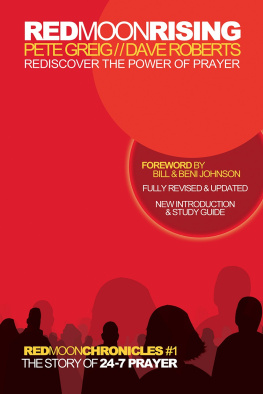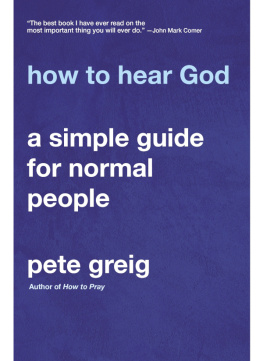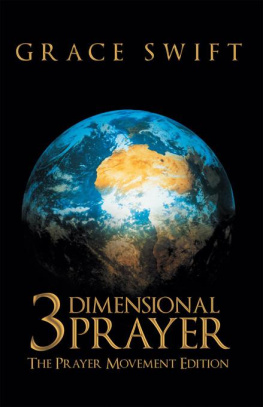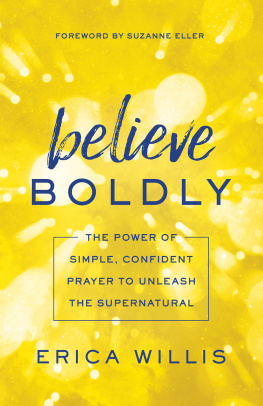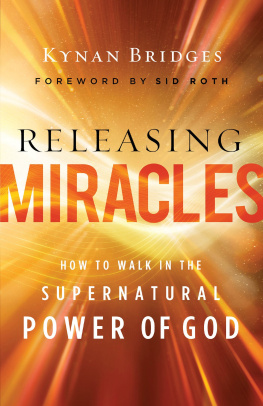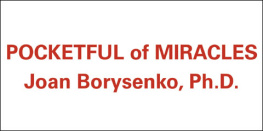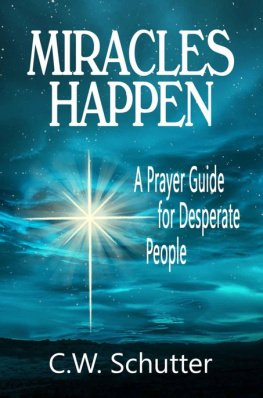JOURNEY FURTHER

DISCUSSION GUIDE FOR SMALL GROUPS
by Hannah McVeigh
Notes for Facilitators
The discussion prompts and questions for each chapter have their own unique flavour. But here are some general principles that will help your group have a thought-stretching, heart-challenging discussion.
There are a lot of chapters. If your group wants to work through the book in only a few weeks, you may want to select key chapters that you think might provoke the most discussion.
1. Read the chapter you will be discussing prior to your meeting and jot down some notes in response to the questions so that you can initiate discussion if your group is a bit slow to participate.
2. People have unique and varied styles of learning. The discussion questions reflect that. Dont feel you have to use all of them.
3. Take simple notes during the discussion so you will remember what people share and how they respond. Before you pray to end the meeting, offer a brief summary of the discussion, because this may well help guide the prayer time.
4. If one person is dominating the discussion, try to draw other group members in by addressing some of the questions directly to them.
5. Host the group in a comfortable setting and provide drinks and snacks. People engage more if they feel relaxed.
Thats it. Come on! May your discussions be a place where many will encounter the Holy Spirit.
CHAPTER 1ICANARMY
Were declaring to those cynics busy writing off our generation, You see bones, but I see an army! We choose to believe that walls can still fall the way they did in Jericho and Germany. We choose to believe the church can be revived and that Gods forces can arise again in this contemporary valley of dry bones.
Scripture Reflection: Ezekiel 37:114
- 1. This passage in Ezekiel talks about a people whose hope is gone, who feel cut off (Ezek. 37:11), and Pete describes our generation as one that may well be hurting more profoundly than any other (p. 38). Where do you see that brokenness in your town, and how might praying your kingdom come transform those places?
- 2. What was the one thing in this chapter you found most challenging? Are there any ways you could respond to that in the next week?
- 3. Pete argues that the most revolutionary cry in world history, Let your kingdom come, has often been reduced to a religious catchphrase with no real transformative power ( ). Would you agree with this opinion? How might we understand and apply those words differently in our prayer lives and our communities?
God, help us to see with eyes of faith the possibilities in our communities. Show us the dry bones where you want to breathe life. And give us the courage to arise and join the fight to transform brokenness and oppression in our town. Amen
CHAPTER 2SHIFT HAPPENS
Its more important to know whom you are called to be with than what you are called to do. Chemistry and relationship beat strategy and geography every time.
Scripture Reflection: Jeremiah 17:78 and Psalm 1:13
- 1. Pete says in this chapter that before he could work towards his big vision, he needed to begin by getting himself sorted. In your life, where might you begin this process of getting yourself sorted?
- 2. Jeremiah talks about those who trust in the Lord being planted by the water, (v. 8), and for Pete, the stream he knew he needed to put down roots by was the local church. Conversely, Pete found that before he rooted himself in Revelation Church, his impact on the world was greatly diminished: I was not rooted anywhere, and as a result, whenever the seasons of my life changed and the sun disappeared, so did my fruitfulness (

